The Papaye Peasant Movement (MPP), a Haitian grassroots organisation founded in 1973, is tackling the climate crisis and food insecurity by working with subsistence farmers across Haiti to improve the deforested landscape and thereby reduce the farmers’ dependency on multinational organisations and charities.
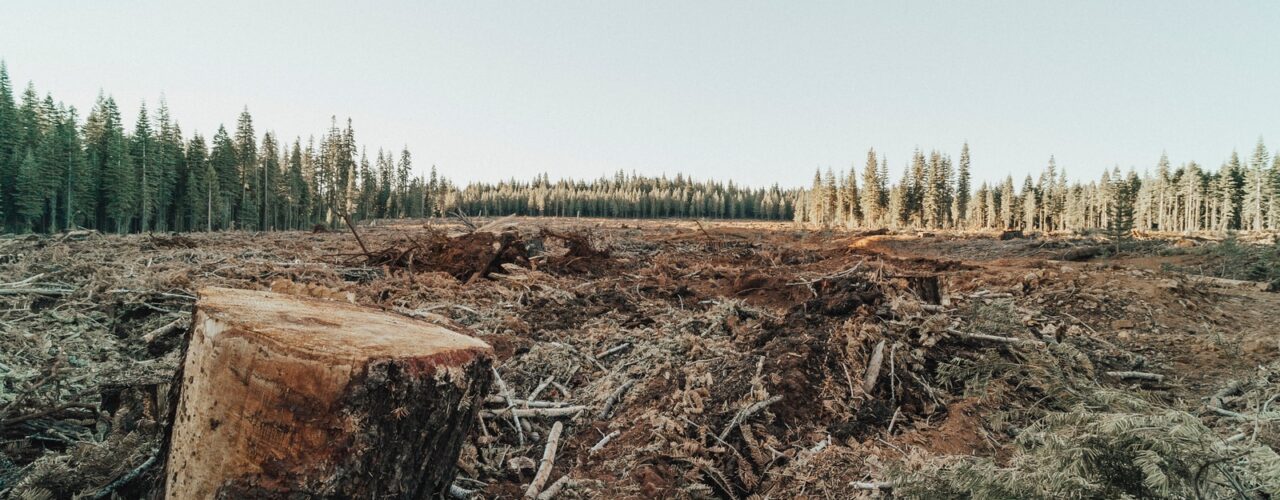
So what?
The MPP’s central tenet, sovereignty, is incorporated in the movement’s efforts to develop local food security by reforesting the degraded lands. It thus links efforts at localism with the country’s food crisis, its environmental crisis, and the global climate crisis. As the climate crisis worsens and interest in intersectional environmentalism – which links social and environmental movements together – grows, such forms of green nationalism (or localism) might develop in other regions. Of course, these movements are not new – farmers movements have been linked with labour and other social movements in the past. However, this time, the environmental and climate causes add an additional perspective to the movement.

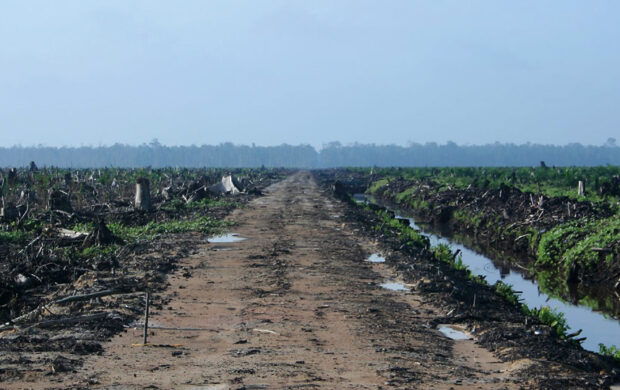

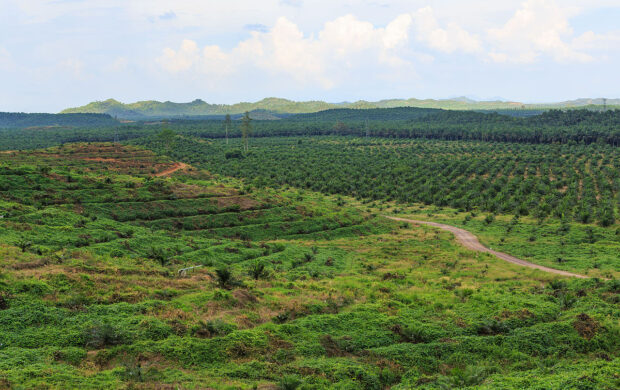


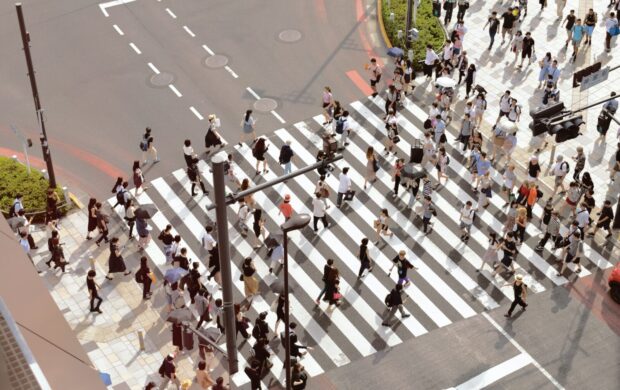

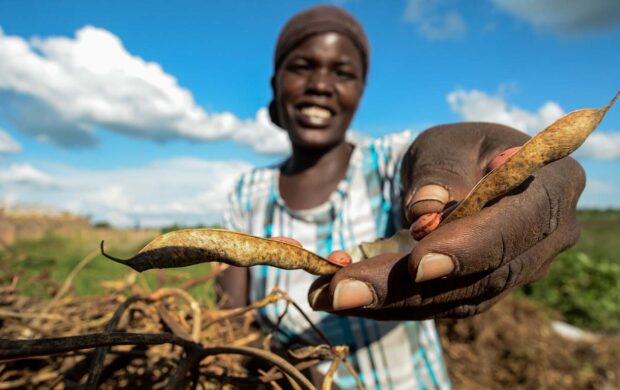




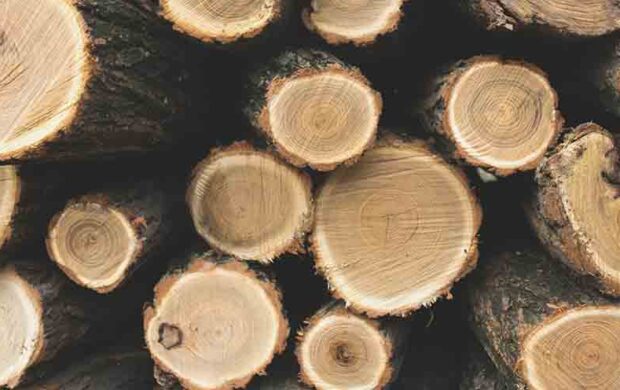
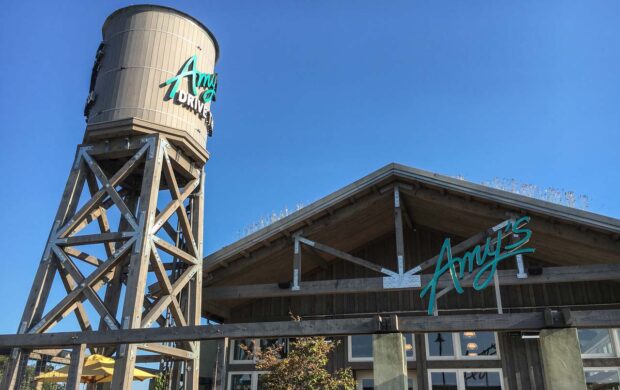

Join discussion